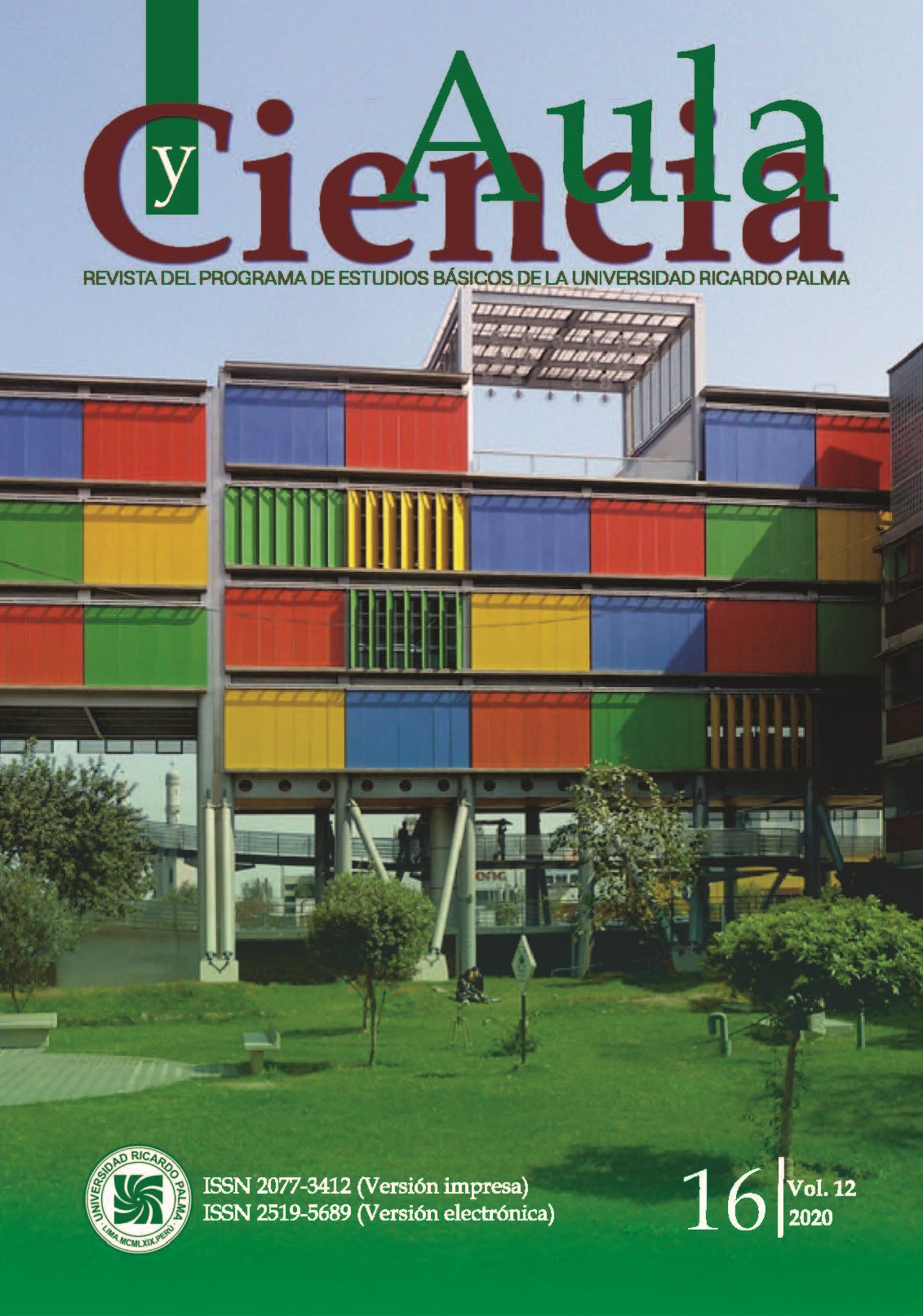Paradoxes in natural reasoning os paradoxos antes do raciocinio natural
DOI:
https://doi.org/10.31381/aulaciencia.v12i16.5685Keywords:
Paradoxes, Argument, Cusco, Time, SpaceAbstract
The article is a report on, how they see and try to solve the paradoxes, simple people, who previously have not had academic training. The paradoxes dealt with here are: The barber’s paradox, the paradox: “This proposition is false”, the bridge paradox, the liar’s paradox, Cantor’s paradox: “Sets of all sets”, and the turtle paradoxes and the date. The teacher, one of the protagonists of the story, is traveling through Cusco and Madre de Dios, enjoying his summer vacations, as a backpacker tourist. Since it is necessary to re-read and rethink some topics of its course, the logic, this, takes advantage of the free moments to reflect, as on this occasion, while waiting for the bus on a branch of the Maras-Cusco highway and, on another occasion, to talk with the guardian of a small zoo, in the city of Puerto Maldonado; occasional friends, to whom he read the paradoxes and collected the solution that in their opinion would be the most correct. As a result of the dialogues, the teacher infers that the paradoxes mentioned above, apparently from the interviewees, lack fundamental elements such as: dislocation in time and space, as well as showing that there is a real ignorance of their protagonists ; moreover, the arguments themselves are incongruous and use misleading terms. The article concludes, warning that, for this reason, the explanation of specialists such as: logicians, mathematicians, linguists and the public interested in the subject must not be abandoned, the same ones who should continue to resort to their best theoretical instruments to explain, in in this case, the paradoxes.


